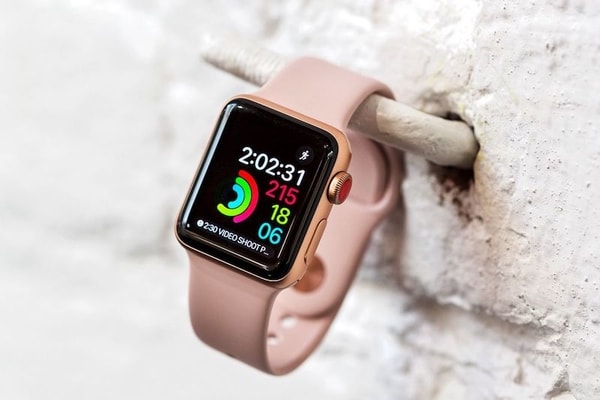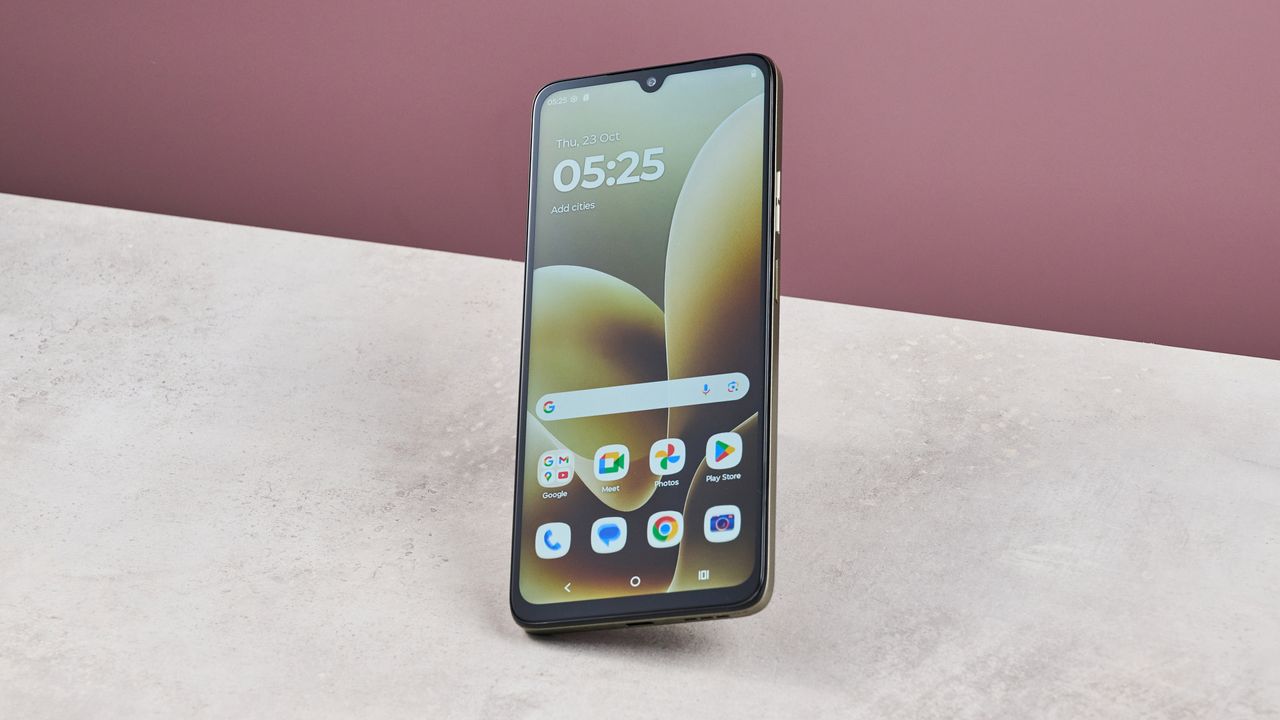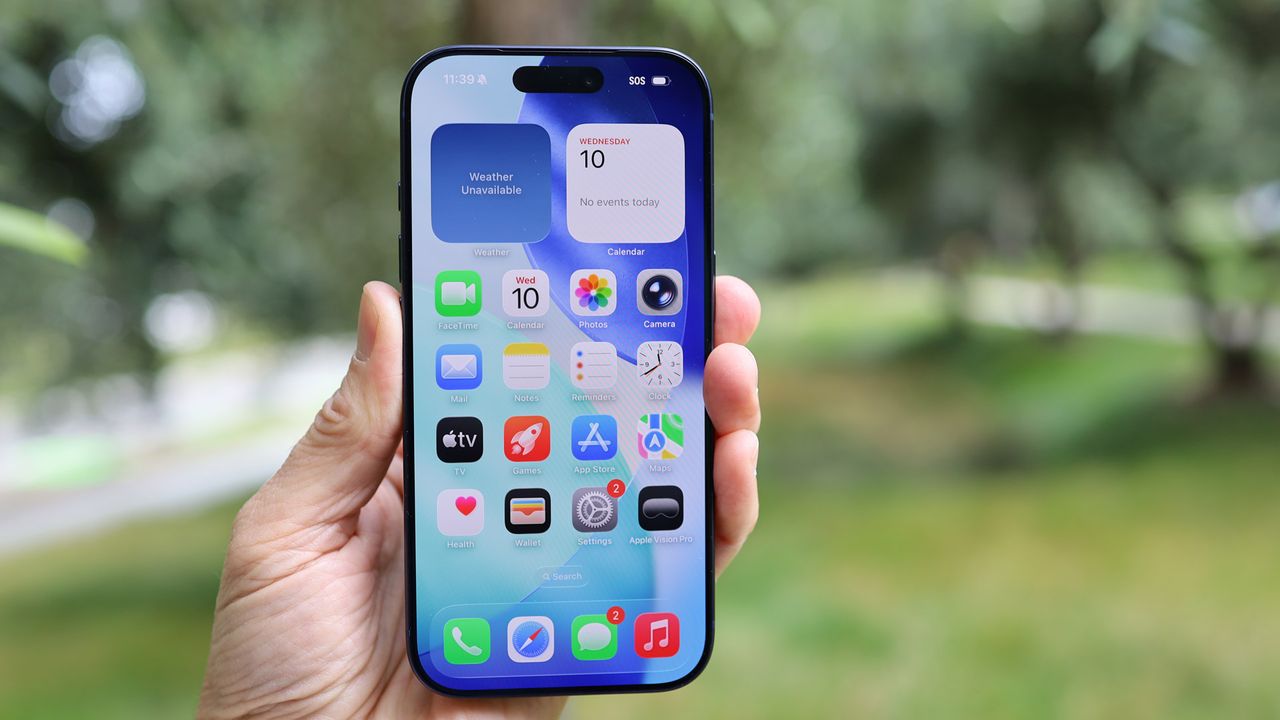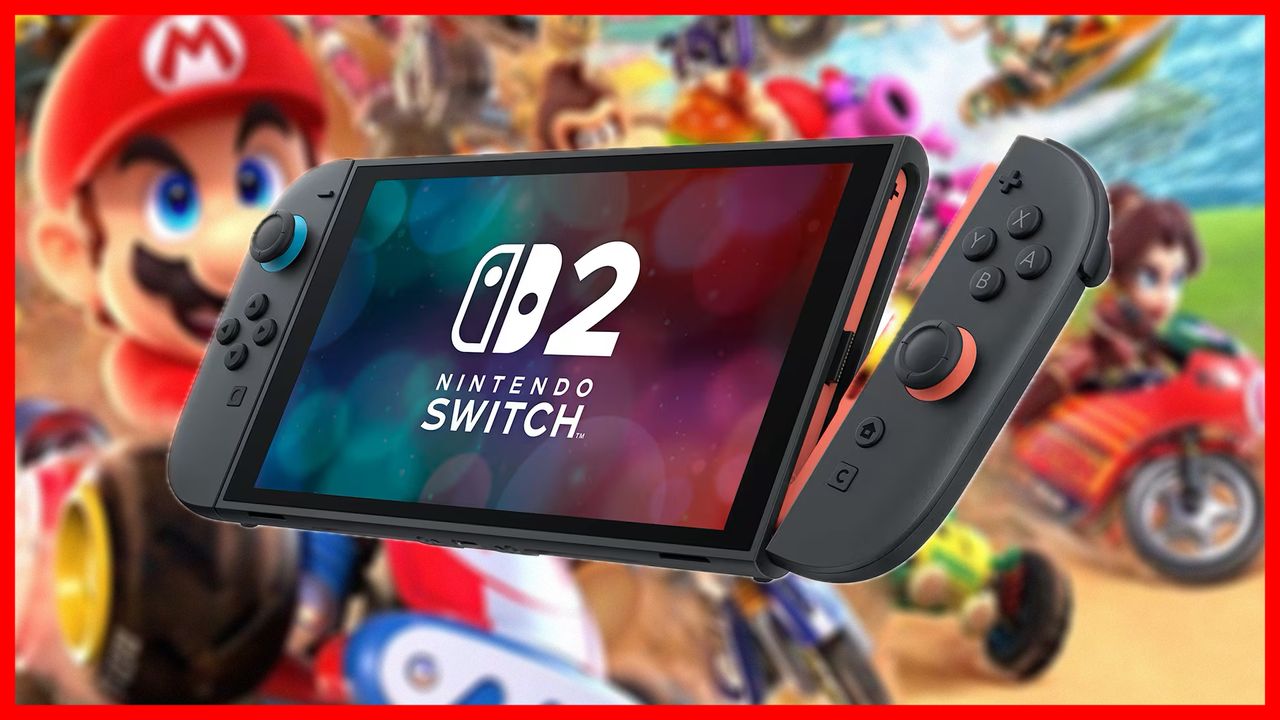
The U.S. Food and Drug Administration has named the companies involved in a recently instituted “pre-certification” program that determines whether or not they meet baseline quality standards for health software. Apple, Fitbit and Samsung and Alphabet’s Verily are among the firms that will help the FDA set the benchmarks and decide just how much information companies need to send if they’ve been pre-cleared. Depending on how the program fares, companies may get to send less information even avoid certifying certain apps altogether.
The FDA will detail progress of this pilot program as it goes forward, including a workshop scheduled for January 2018. Part of the pilot will include feedback from industry groups as well as the public. If pre-certification goes forward, it could mean that health apps and features would reach the US faster than if they have to go through a product-focused approval process. Which is potentially great for these tech firms. With that in mind, there are still some concerns. Will the standards be high enough that smaller companies won’t abuse them? What happens if a pre-certified company bungles an app somewhere down the line? The pilot project may well settle these questions, but that doesn’t guarantee that it will avoid some problems down the road.
FDA oversight when it comes to fitness apps was actually a foreign concept to me. I guess I was thinking that you’re using the technology and taking the outcome with a grain of salt. I’m probably not the only one who thought this. There are over 156,000 health and wellness apps, and the FDA only regulates about 200. These apps are ones that effectively function as a medical device or are connected to one. An example might be an app that analyzes your urine from a photo of a soaked chemical strip and then sends those results to your doctor. I’m not talking about my AutoSleep app that tells me just how little sleep I’m actually getting in a night.

The FDA has limited resources, so focusing on regulating apps is lower on their priority list. Which makes complete sense. But it also makes sense that they’re pre-certifying some of these larger companies in order to ensure that what comes out of them is FDA approved.
Where all of this gets scary, in my opinion, is whether or not these apps are actually accurate. Presumably why the FDA wants to regulate some of these apps. Again, I’m not talking about that sleep tracking app. To me, these kinds of apps give you a snapshot into your health in general. If you’re consistently only sleeping for an hour or two every night, there is likely something wrong and you should go and see a doctor. The sleep app lets me identify when I’ve had a bad night and attempt to rectify that so it doesn’t happen again. I don’t take that information as medical advice.
An actual scary app is something called My Baby’s Beat by Matis. The app claims to measure your unborn baby’s heartbeat by using a smartphone camera and sensors. But there is no science or testing to back this up. Which means, you could be trying to test your unborn baby’s heart beat and find it comes back extremely irregular. What do you do then? You run to the hospital thinking that there’s something wrong, when the app itself is the problem.
That being said, I do think that this pre-certification is necessary. I also hope that smaller developers also get certified from the FDA in some way, in order to avoid unwanted or unnecessary panic. I do think there are some apps that can be used in a beneficial way, but I would suggest that if you think there is something wrong, you consult a medical doctor instead of your fitness tracker.



